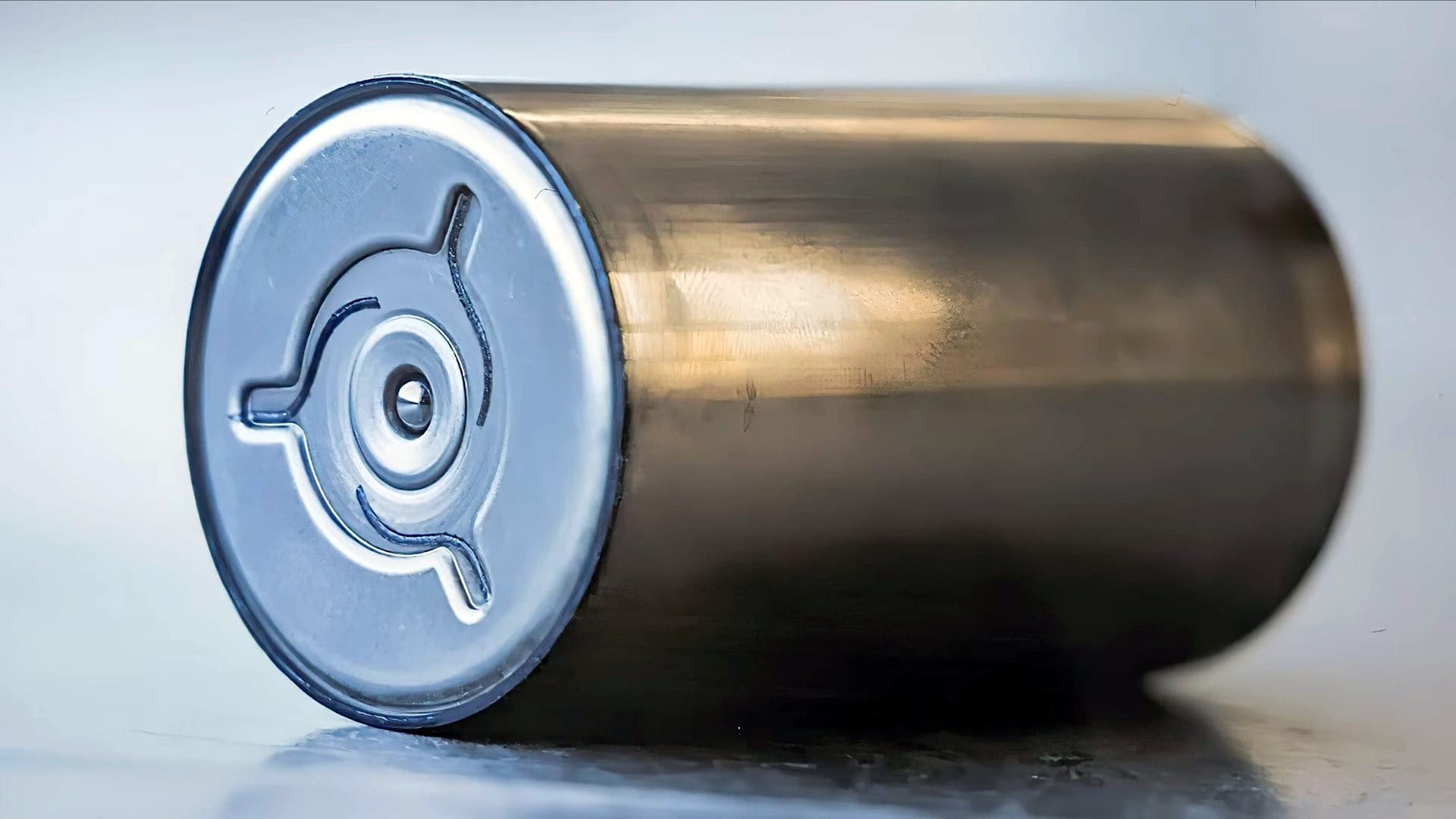While Tesla is heavily investing in perfecting its affordable 4680 batteries to make the most of current government subsidies, the leader of the largest battery manufacturer has doubts about the feasibility of these efforts.
CATL’s Perspective on US Investments
In a recent discussion, CATL’s Chairman Robin Zeng shared insights on the company’s plans for production in the US, mentioning that they are open to various investments beyond just technology licensing agreements with Tesla and Ford. The Nevada Gigafactory is set to begin producing batteries using CATL’s technology as early as next year. Although the specific type of batteries being produced remains uncertain, the most likely option appears to be LFP cells. Despite Giga Nevada having a planned capacity of 100 GWh for 4680 batteries, Zeng expresses skepticism about the feasibility of achieving affordable cylindrical cells.
Concerns About Musk’s Promises
Zeng commented on Elon Musk, stating, “He excels in areas like chips, software, hardware, and mechanics,” but he lacks understanding of the 4680’s “electrochemistry,” which he believes “will ultimately fail.” The main issue with Musk, according to CATL’s CEO, is his tendency to “overpromise.” He added, “Maybe something requires five years, but he claims it’s only two. I asked him about it, and he said he wanted to motivate people. He probably thinks it takes five years, but if you trust him when he says two, you might find yourself in trouble.” Zeng recounted how he explained to Musk the challenges of producing cylindrical 4680 batteries at half the cost of Tesla’s existing cells, a claim made on Battery Day back in 2020, which left Musk speechless.
Tesla’s Optimism and Future Plans
In the recent quarterly earnings call, Musk expressed optimism that Tesla would not just match the manufacturing costs of suppliers such as LG or Panasonic but would also produce the 4680 battery at the lowest cost in the US. He stated, “The team is making great progress with the 4680 cell lines. It is getting very competitive. When you consider the total cost of a battery pack in the US, net of incentives and tariffs, the 4680 is on track to be the most cost-effective option.” While they haven’t quite reached that point yet, Musk believes they are close, adding that they have many ideas to improve further. He emphasized that Tesla will continue to source many cells from suppliers while also ramping up vehicle and stationary storage production.
The important phrase here is “with incentives,” as the government provides $35 per kWh for US-made battery capacity, which will likely benefit Tesla significantly.
Expanding Manufacturing Capacity
Musk’s confidence is further bolstered by Tesla’s success with the cost-effective dry cathode method and the recent launch of the first Cybertruck utilizing these cells. The company is now looking to boost its 4680 manufacturing capacity to produce battery packs for the Model Y, Model 3, and Robotaxi. For example, the upcoming Model Y Juniper facelift is expected to feature 4680 batteries in the US, as Tesla aims to keep costs low and maintain pricing similar to the current model. However, there’s a possibility that electric vehicle subsidies could be cut with a new Trump administration, which means that the challenges with the 4680 battery’s “electrochemistry” might not be the only hurdle in terms of production costs.
Source: Link


Leave a Reply